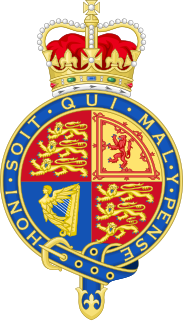This is an exhaustive list of cases originating in Canada decided by the Judicial Committee of the Privy Council. Civil cases originating in Canada were heard until 1949 and criminal cases originating in Canada were heard until 1933.

Canada is a country in the northern part of North America. Its ten provinces and three territories extend from the Atlantic to the Pacific and northward into the Arctic Ocean, covering 9.98 million square kilometres, making it the world's second-largest country by total area. Canada's southern border with the United States is the world's longest bi-national land border. Its capital is Ottawa, and its three largest metropolitan areas are Toronto, Montreal, and Vancouver. As a whole, Canada is sparsely populated, the majority of its land area being dominated by forest and tundra. Consequently, its population is highly urbanized, with over 80 percent of its inhabitants concentrated in large and medium-sized cities, many near the southern border. Canada's climate varies widely across its vast area, ranging from arctic weather in the north, to hot summers in the southern regions, with four distinct seasons.

The Judicial Committee of the Privy Council (JCPC) is the highest court of appeal for certain British territories and Commonwealth countries. Established on 13 August 1833 to hear appeals formerly heard by the King-in-Council, the Privy Council formerly acted as the court of last resort for the entire British Empire, and continues to act as the highest court of appeal for several independent Commonwealth nations, the Crown Dependencies, and the British Overseas Territories.


